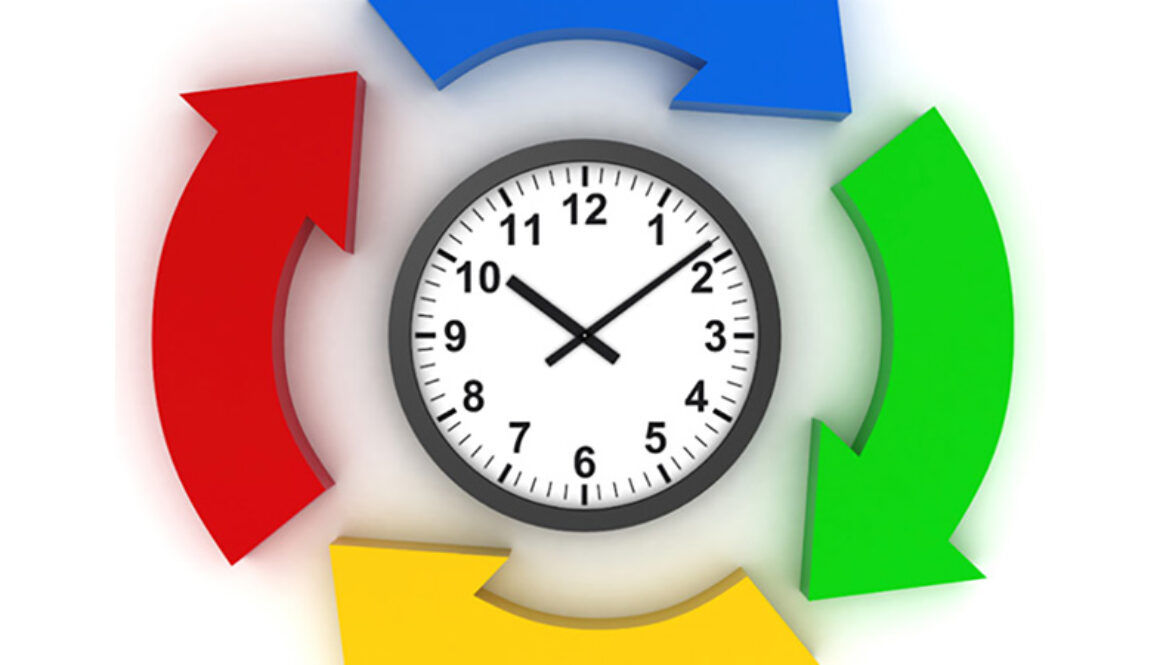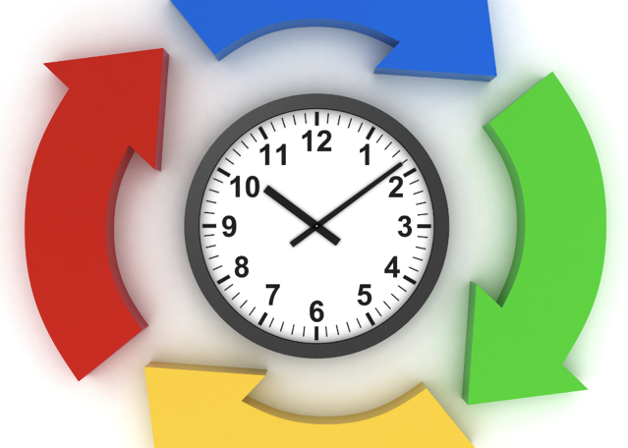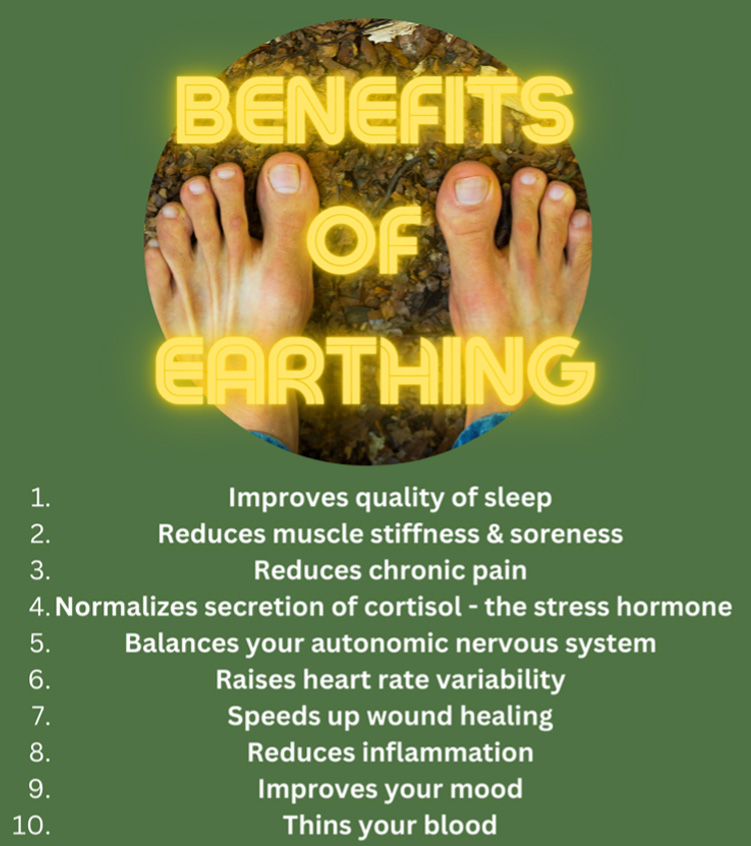Chinese Body Clock


Understanding the Chinese Body Clock:
A Guide to Optimal Health and Well-being
The Chinese Body Clock, also known as the Meridian Clock or Organ Clock, is a fascinating concept rooted in Traditional Chinese Medicine (TCM) that offers insights into the body’s natural rhythms and optimal times for various activities. According to TCM theory, each organ in the body has its peak energy flow and function at specific times of the day, creating a 24-hour cycle that influences our physical, mental, and emotional well-being.
The Basics of the Chinese Body Clock:
The Chinese Body Clock divides the 24-hour day into 12 two-hour intervals, with each interval corresponding to a specific organ and its associated meridian. These intervals are believed to represent the peak times when each organ system is most active and functions optimally.
Understanding the Organ Systems:
- Liver (1 AM – 3 AM): The liver is associated with detoxification and renewal during this time. Waking up during these hours may indicate liver imbalances or emotional stress.
- Lungs (3 AM – 5 AM): The lungs are at their peak energy flow, making this an optimal time for deep breathing exercises and meditation to support respiratory health.
- Large Intestine (5 AM – 7 AM): This time is associated with elimination and cleansing. Drinking warm water or herbal tea can aid in the body’s detoxification process.
- Stomach (7 AM – 9 AM): Breakfast is considered the most important meal of the day in TCM, as the stomach is at its peak function and ready to receive nourishment.
- Spleen/Pancreas (9 AM – 11 AM): The spleen and pancreas govern digestion and energy metabolism. Eating a balanced breakfast and avoiding heavy, greasy foods during this time can support digestive health.
- Heart (11 AM – 1 PM): The heart is associated with joy and vitality. Lunchtime is ideal for nourishing meals and connecting with loved ones.
- Small Intestine (1 PM – 3 PM): The small intestine separates nutrients from waste. This is a good time to enjoy a light, nutritious lunch and avoid overeating.
- Bladder (3 PM – 5 PM): The bladder is linked to the body’s fluid balance and elimination. Staying hydrated and taking short breaks to stretch can support bladder health.
- Kidneys (5 PM – 7 PM): The kidneys govern water metabolism and vitality. This time is ideal for moderate exercise and relaxation techniques to support kidney function.
- Pericardium (7 PM – 9 PM): The pericardium protects the heart and governs emotional balance. Relaxation and unwinding activities can help promote emotional well-being during this time.
- Triple Burner (9 PM – 11 PM): The triple burner regulates metabolism and temperature. This is a good time to wind down and prepare for restful sleep.
- Gallbladder (11 PM – 1 AM): The gallbladder is associated with decision-making and detoxification. Going to bed during these hours can support gallbladder health and aid in detoxification processes.
Applying the Chinese Body Clock:
Understanding the Chinese Body Clock can help us optimize our daily routines to align with our body’s natural rhythms. By paying attention to the activities and behaviors associated with each organ system’s peak time, we can support our overall health and well-being.
Final Thoughts:
The Chinese Body Clock offers valuable insights into the interconnectedness of our body, mind, and spirit. By honoring the natural rhythms of our body and making conscious choices to support each organ’s function, we can cultivate a greater sense of balance, vitality, and harmony in our lives.
Incorporating TCM principles into our daily routines can help us achieve optimal health and well-being, allowing us to live life to the fullest and thrive in body, mind, and spirit.








